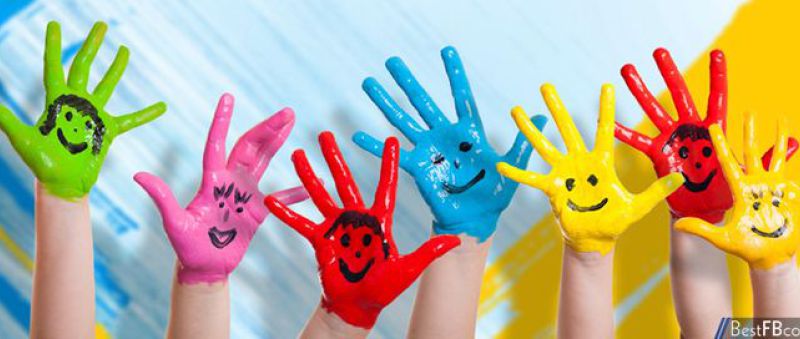
| During the course of the preschool year all children will experience the following key developmental skills in a variety of ways and they will be presented differently for each age group. These
elements are the basis for evaluations given to families. Skill and Habit Development Plan Socialization • Share with classmates • Use good manners (please, thank you, greetings, and not interrupting others) • Progress in developing and keeping friendships • Self-directed during play and activity centers • Respect and care for the classroom environment • Understands and is interested in others feelings • Follow classroom rules and participates as a group member • Have a positive relationship with peers and teachers • Adjust to changes in routine Emotional (self-help) • Dress for outdoor play • Can go to the bathroom independently • Talk about ways to prevent spreading germs and basic hand-washing skills • Can clean up after self and be responsible for personal items • Grow in their understanding of the importance of eating nutritiously • Develops positive self image • Learn common safety procedures for at school and home • Grow ability to follow simple and consistent directions • Express positive and regulate negative emotions Physical – Large and Small Motor • Gain control over their bodies • Begin to learn the names of body parts and their locations • Move freely and safely • Improve balance (on one foot and walking on balance beam with help) • Continue to develop individual strength, flexibility, and stamina • Develop and increase finger control, eye/hand coordination and strength • Trace • Cut a straight line • Develop greater control over the physical skills needed to write • Be able to build stable towers of blocks (8-10 blocks) Intellectual Development Cognitive • Organize and gain information with simple to complex concepts • Independently begin and complete an activity • Practice problem solving skills • Increase their abilities to observe, question, and predict • Understand the difference between real and pretend • Compare similarities and differences Math • Can match, sort, and identify likenesses and differences • Can place objects or events in order • Recognize that groups can be classified or sequenced different ways • Understand colors, shapes, and sizes in their environment • Understand that numbers have meaning (ex. 1 to 1 correspondence) • Knowledge of numbers and counting (master 1 to 10, exposure to 20) • Awareness of concept of measuring and weighing • Awareness of the concepts of time and temperature Language • Understand verbal and nonverbal cues • Understand position words (ex. above, below, next to, etc.) • Listen attentively and respond appropriately • Increase vocabulary usage • Express wants and needs clearly and appropriately • Remember and recite simple songs and finger plays • Use rhyming words • Express feelings verbally • Understand that people communicate in different languages • Show increased comfort and confidence when speaking • Dictate stories to adults that relate to their own drawing • Recall story details and can predict outcomes • Enjoy hearing and telling stories in small and large group settings • Know that books are written/read “left to right” and that words and pictures have meaning • Learn the roles of authors and illustrators • Learn letters and associated sounds • Begin to write familiar words and/or letter formation skills Science • Learn to collect, categorize, discuss, and record information • Expand observational skills and begin to participate in simple investigations • Discuss characteristics of the weather, seasons, the earth, and living organisms Creative • Play pretend enthusiastically • Explore music using dance and movement and using various instruments • Enjoy rhythm and music • Express their own ideas when drawing, painting, molding, and building • Increase awareness and use of artistic elements • Show eagerness and satisfaction with their creative work • Can talk about their creations with peers and adults Social Studies • Begin to know important and emergency information about themselves • Begin to understand and respect different cultural groups and family structures • Use words to discuss current events • Begin to understand consequences of following and breaking rules • Discuss workers and the services they offer in the community • Begin to understand that people pay for things with a representation of money • Participate in improving the environment with recycling and conservation |
Developmental Guidelines Calendar |
